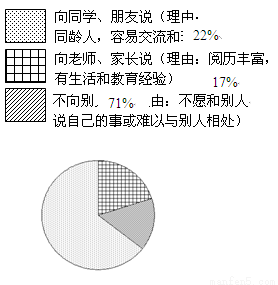题目内容
Since three Chinese astronauts piloted Shenzhou IX to link up with Tiangong-l, China's exploration of outer space has reached new stage.
A.不填;a B.the; a
C.a:the D.不填:不填
A
【解析】
试题分析:本题第一空后的名词out space外太空,是一个抽象名词,同时也是不可数名词,所以单独使用;第二空在名词stage前面加a泛指一个新阶段。句意:因为中国宇航员成功把神州飞船对接天宫一号,中国的太空探索达到了一个新阶段。故A正确。
考点:考查冠词

练习册系列答案
 暑假作业暑假快乐练西安出版社系列答案
暑假作业暑假快乐练西安出版社系列答案
相关题目
